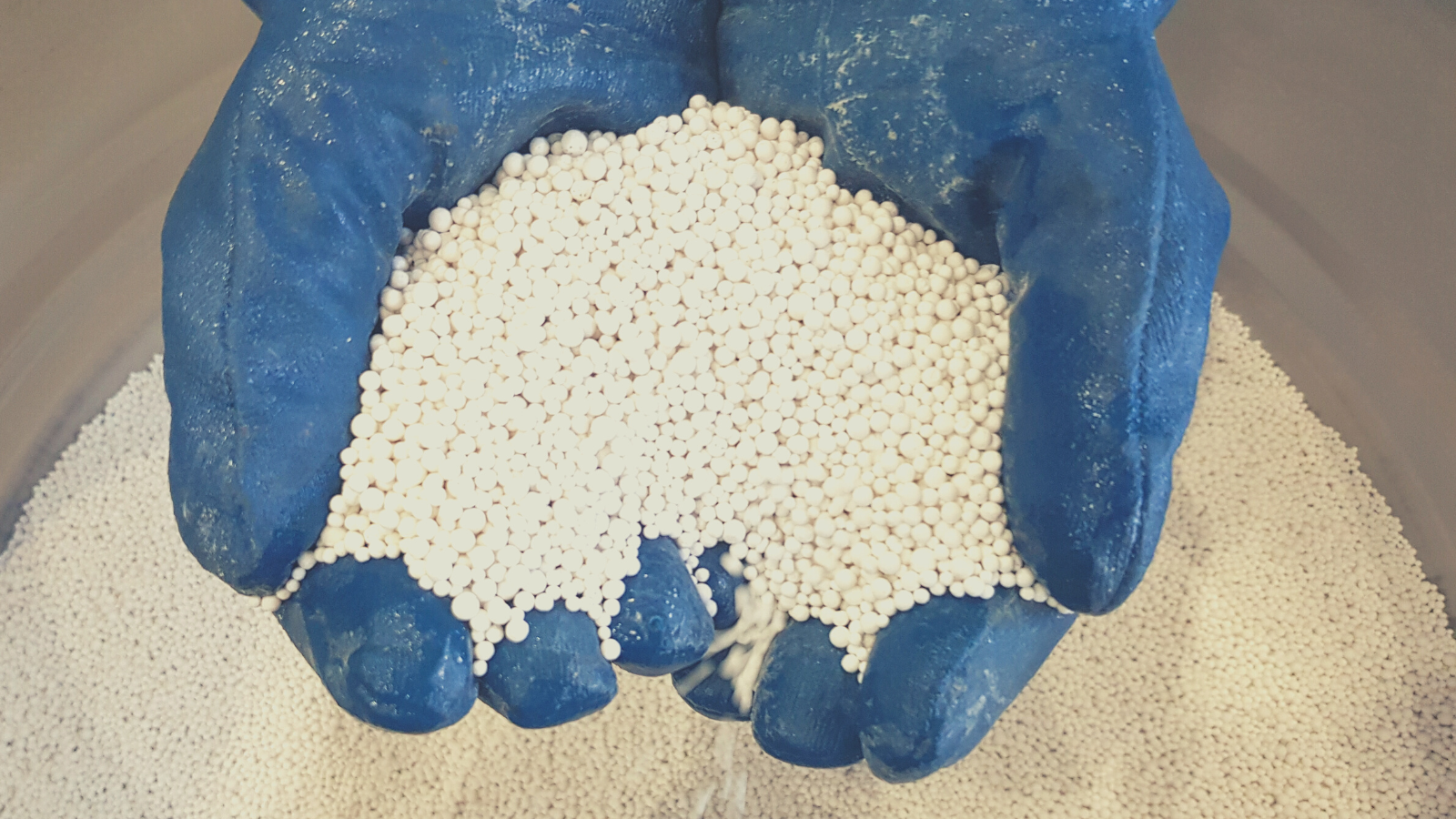New ZWE study proves proportional allocation of recycled content in plastics as the best option to secure a level-playing field and environmental benefits

BRUSSELS, 11 MAY 2023
In a new study launched this afternoon, Zero Waste Europe (ZWE) assesses the consequences of different approaches to allocating recycled content in plastic. The study proves that proportional allocation has the lowest impact on the level-playing field and the largest potential environmental benefits.
Officially launched and presented during a Zero Waste Live! Webinar instalment, the “Impacts of allocation rules chemical recycling – impact on environment and maximum circularity of plastics” study calculated the impact of the different allocation rules regarding the environment, material circularity and level playing field in the recycling landscape.
Commissioned to CE Delft by ZWE and the Rethink Plastic Alliance, the study found that:
- Proportional allocation leads to greater transparency in the plastic recycling market, as it reduces ambiguity about recycled content in plastic outputs.
- A larger share of thermo-chemical technologies results in lower environmental benefits and reduced maximum recycling rates.
- Proportional allocation reduces the risk of scenarios where long-loop chemical recycling dominates. In such a scenario, the CO2 benefits of plastics recycling could be up to 9 Mtonnes lower than in a scenario with more mechanical recycling.
- If the European Commission chooses polymers-only or fuel-exempt allocation, a cap on chemical recycling may be necessary to prevent it from outcompeting mechanical recycling. The study suggests that a cap of 12,5 to 25% on chemical recovery, as proposed in the Dutch Transition Agenda, could be a suitable option.
Lauriane Veillard, ZWE’s Chemical Recycling and Plastic-to-Fuel Policy Officer, says: “Using the mass-balance chain of custody for recycled content claims must always be a last resort and based on proportional allocation. Otherwise, these claims will promote greenwashing, and undermine the circular economy and climate agenda. Chemical recovery technologies, i.e. pyrolysis and gasification, should be limited to the bare minimum to avoid a lock-in effect similar to incineration”.
ZWE urges the European Commission to take into account the study’s findings on allocation rules and recycled content targets for plastics in their upcoming files:
- Use ‘batch level’ mass balance to determine recycled content, so that it is clear how much recycled material is in the final product.
- Use proportional allocation to evenly allocate the recycled content to output products when using mass balance (instead of allocating it arbitrarily).
- Consider capping chemical recovery to avoid it overtaking mechanical recycling if polymers-only or fuel-exempt models are used.
- Implement regulation to ensure that mechanical remains the primary recycling option for maximum CO2 reduction and circularity score.
ENDS
NOTES TO EDITORS
Terminology disclaimer: In this report, thermo-chemical technologies (i.e. pyrolysis and gasification) are categorised as “long-loop chemical recycling”, It’s important to note that ZWE does not endorse this categorisation, as we consider these technologies to be a form of chemical recovery.
Further context: In line with the Circular Economy Action Plan, the European Commission (EC) wants to move towards a circular economy by setting recycled content targets in different proposals, such as the Single-Use Plastic Directive (SUPD), Packaging, Packaging Waste Regulation (PPWR). To meet the targets, a methodology to assess recycled content needs to be introduced. However, the development of multi-output technologies, i.e. pyrolysis and gasification, implies the use of the mass-balance chain of custody. The allocation rules currently being discussed in the European Union are the following: proportional allocation, polymers-only, and fuel-exempt. Each differs in terms of the freedom given to companies to allocate recycled content in the final output.
PRESS CONTACTS
Lauriane Veillard, Policy Officer on Chemical Recycling and Plastic-to-Fuels at ZWE [email protected]
Ana Oliveira, Head of Communications at ZWE
[email protected] or [email protected] / +32 471 96 55 93
ABOUT ZERO WASTE EUROPE
Zero Waste Europe is the European network of communities, local leaders, experts, and change agents working towards eliminating waste in our society. We advocate for sustainable systems and redesigning our relationship with resources, to accelerate a just transition towards zero waste for the benefit of people and the planet. www.zerowasteeurope.eu